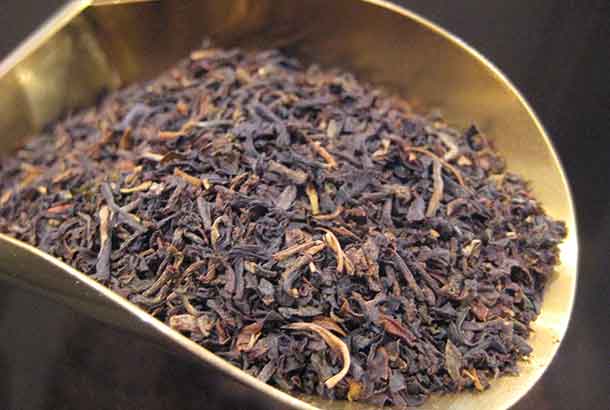 ATTAWAPISKAT – When I was a boy living back home in Attawapiskat there were some things that were constant in my life. My mom Susan and dad Marius always made sure myself and my siblings had a roof over our head and food to eat. Back then in the 1980s and early 90s the community was impoverished and we did not have many of the normal services that most towns and cities enjoyed across Canada.
ATTAWAPISKAT – When I was a boy living back home in Attawapiskat there were some things that were constant in my life. My mom Susan and dad Marius always made sure myself and my siblings had a roof over our head and food to eat. Back then in the 1980s and early 90s the community was impoverished and we did not have many of the normal services that most towns and cities enjoyed across Canada.
We were and still are a remote First Nation community and accessible only by air or by summer water barge. In the winter we have an ice road but depending on the weather it can not be used for many months. Somehow we all coped with these realities and mostly because as children we did not know first hand any other type of life. The main ingredient that kept us together and functioning as a community had to do with the large number of traditional Elders we had living with us at that time. I fondly recall that every household had a large pot of tea steeping on the stove at all times of the day. You could always count on a cup of tea, a bite to eat and a chat with any of our Elders in Attawapiskat.
Even though as children we were influenced by television and radio to a degree we still lived in a community that was very much grounded on nature, the land, the water and creatures around us. With so many problems in terms of drugs and alcohol it is amazing that most of us actually survived. The credit for a good part of our survival as teens had to do with the guidance and direction we got from our Elders. Most of them were still hurting from the experiences of residential school system and coping with drug and alcohol addictions. Still, they had a grounding in traditions that helped them go on with their lives and assist we younger ones with our paths.
Those Elders I knew in the community back then were part of the first generation of Cree of the James Bay who had accepted a more modern life with permanent moves into First Nations like Attawapiskat, Fort Albany, Moose Factory and Kashechewan. Their parents before them had mostly been living in the wilderness on their traditional lands. They still had a very traditional lifestyle, they spoke the Cree language fluently, survived mostly on wild meat and fish and although they began to follow many non native beliefs and realities they still did it on their own terms rooted in their traditional culture.
Myself and my siblings, cousins and friends were the first wave of Cree from the coast to really venture out into the southern world. Many of us went to secondary school in southern cities in our teen years. We began to move around more and obtained driver’s licences then vehicles so that we could discover more of the outside world. A lot of us found work in southern towns and cities and although we still had a lot of our traditional knowledge and culture that had been passed down from our Elders, time and distance meant more assimilation for us.
These days many of our Elders are passing on and I can see the affect that is having on our remote First Nations up the coast. Our young people are confused and don’t have enough hope for the future. All kinds of new drugs are finding their way up the coast and our vulnerable and rudderless youth are getting lost in a world that makes no sense. Still, many are also getting an education, finding work in new mining operations and other opportunities. Yet, there is still a large percentage of our youth that is fragile and living difficult lives. Even though things are better in some ways financially there is still inadequate housing and little direction for the upcoming generation.
The current gap we are facing has to do with the passing of so many of our Elders who were more or less the glue we could count on that kept us connected to our traditions and culture. When I was home this summer for my mom’s funeral I made sure to drop in on some of the still surviving Elders and I found many of them very weak and aged. It shocked me as I remembered these men and women as strong, vibrant Elders who took us out on the land, cared for us and showed us how to survive.
It was difficult for me to find myself wandering around the community without being able to see my mom, dad and many of the Elders I grew up with. Strangely enough that realization had a lot to do with the fact that I had a hard time to find any household still having a pot of tea on the stove. I began to crave a cup of tea more for the nostalgia and comfort that I had grown up with but I realized of course that this had been a part of our Elders world and there was no room for it in a new more fast paced lifestyle. I would have given anything and everything to be able to sit with my mom and dad over a cup of tea and maybe some bannock and jam. I am making a point these days to keep a pot of tea steeping on the stove just in case.





